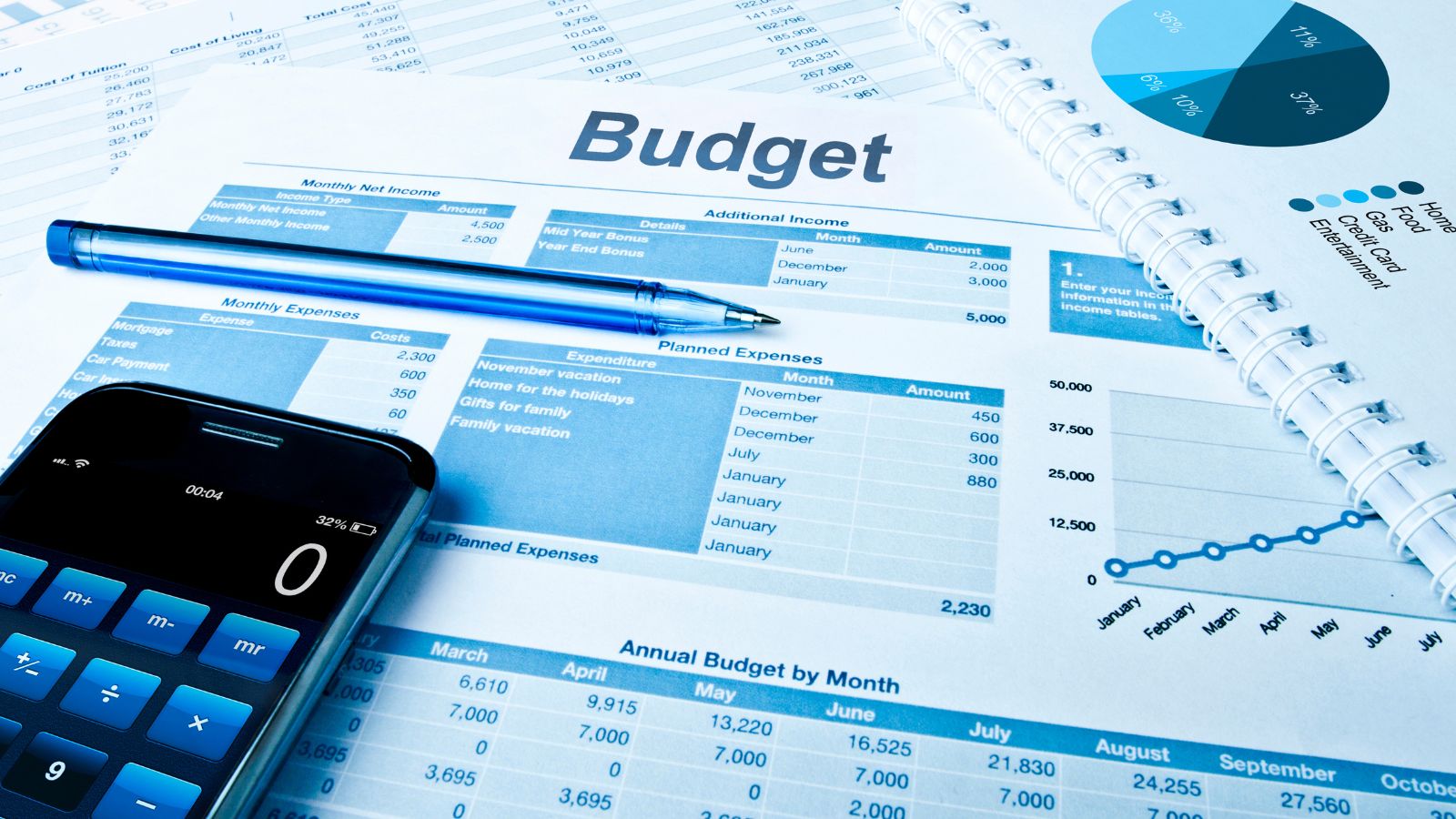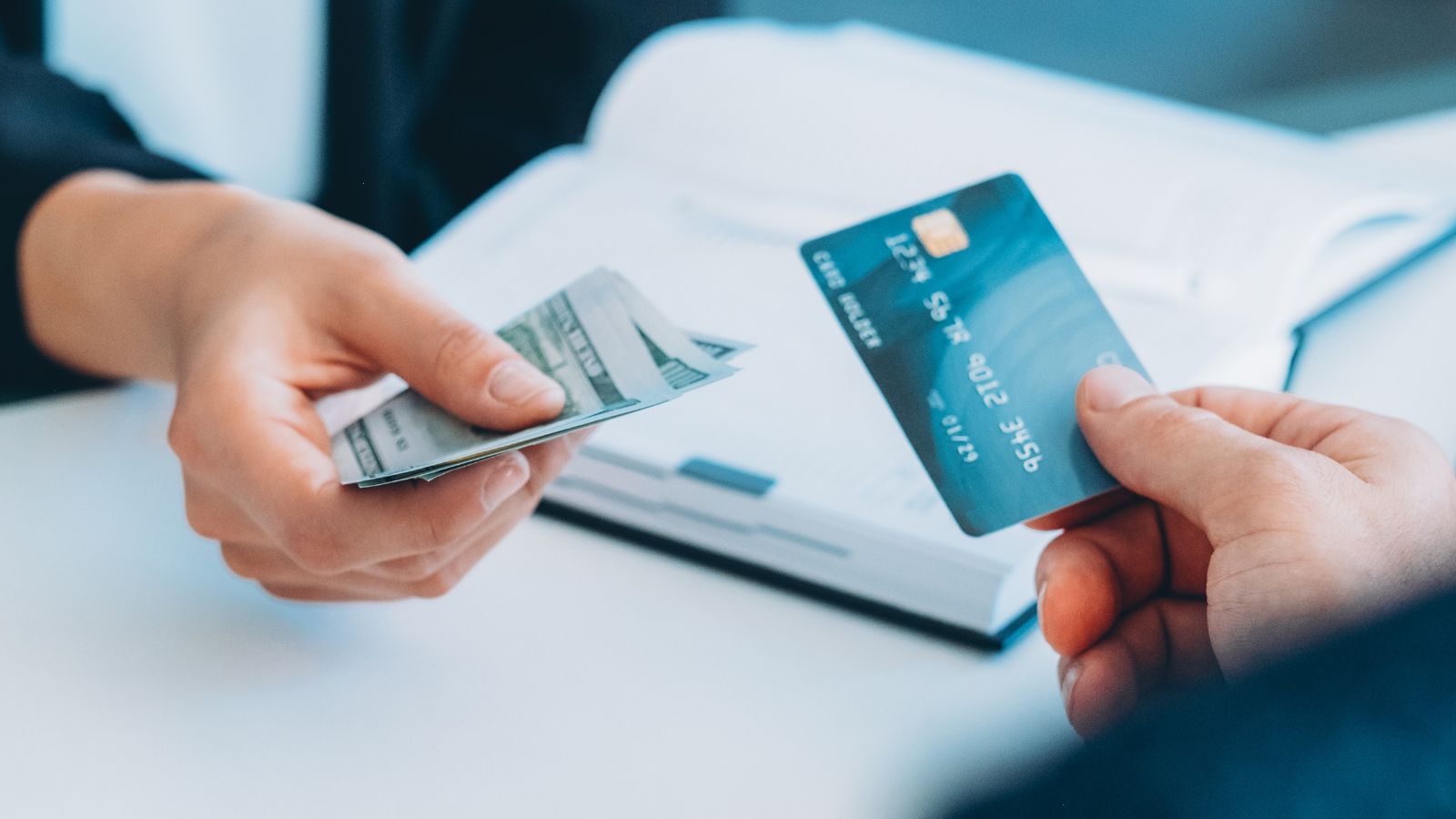Advertisement

Advertisement

NASSAU, BAHAMAS – We are in the holiday season and that means spending time with family and loved ones, but it also means buying gifts, extensive grocery shopping and so many outings.
But this year we don’t want your ‘belly to break down’ when your bank statements reveal how much you really spent during December.
Our News Digital sat down with Tishrea Johnson, an RF Bank & Trust Security Investment Advisor, who gave us the scoop on how to save, budget and not go broke by January.
But we can’t deny the elephant in the room: inflation. Inflation has and will affect many of your shopping habits this holiday season, but all is not lost. Here’s what you can do to lessen the impact.

Budget
If you missed all the deals and holiday sales going on, no worries. The first thing Johnson recommends is creating a budget before you do any sort of major spending.
- Create a list and check it twice – It is imperative to shop with intentionality and not aimlessly buy items, during this season. Know what you are going to buy before heading out, and making a list of what you need.
- It’s okay to say no – The holidays are filled with special events: Christmas, birthdays, anniversaries and more. If you want to cut down on spending you may have to turn down a few invites here and there.
- Allocate your spending – Johnson recommends going by the 50/20/20/10 rule. 50 percent of your income should go toward bills, 20 percent toward saving and investing, the other 20 percent allows room for personal spending and the last 10 percent is for tithing or charitable donation. You can tailor your percentages to fit what works for you, but Johnson recommends you keep it close to the original figures.
Avoid Emotional Shopping
Alex, what is impulsive shopping for $200? The Economic Times describes impulsive buying as, “the tendency of a customer to buy goods and services without planning in advance, it is usually triggered by emotions and feelings”.
But why do we do this?
“Because it’s fun, or sometimes we find a good deal and we don’t want to pass it up,” Johnson says.
But the most common reason she finds is because of an emotional basis. She says people would typically say, “I had a rough day, I had a rough week, I deserve this and I’m going to spend it on myself,” to justify the impulsive shopping.
Another aspect of emotional shopping is associated with guilt people often feel when they are unable to afford certain things for their friends and loved ones. With the pressure on many families, buying a gift for everyone seems impossible and can leave some feeling remorseful.
Johnson says: “The best thing they can do is to look forward to January. Think about how good it would feel to go into January without any new debt, only the same debt you might have before. That leads you to finally having financial freedom and now every year you are chipping away your debt and not adding to it”.
This perspective can diminish the guilt you may feel if you cannot afford every gift this year.
Johnson also adds a “gift” you can give, is yourself. This may sound vain but it’s true – your time and presence does hold value.
Johnson gives the example of a friend who has children. They would appreciate it if you would offer your time to watch their children so your friend can run errands or simply relax.
To curb both of these emotional financial spending habits, experts recommend sticking to the budget you created and shopping with someone who can keep you accountable.
 Credit/Debit Card or Cash?
Credit/Debit Card or Cash?
Here lies the big question. From research most financial experts recommend using cash while holiday shopping.
A credit card or loan should be used for things that are worthwhile or in emergency situations, Johnson says. If you can purchase without using a credit card, “It will be best, because the purpose of a credit card is to be used now and pay off later within a month or two,” she explains.
“You don’t want to incur high interest for things like Christmas gifts or for vacation, so cash is always better because it keeps you out of debt,” Johnson says.
If you are a debit card user, Johnson says although they do not come with the interest rates of credit cards, she says some may still be hesitant to use them because of the easy access of all the money on their card.
She suggests this: “It goes to the individual. If you know you lack the restraint to use a certain amount, go and get the cash. That person who is holding you accountable should say ‘hey once the cash is gone we’re done shopping’”.
Budgeting and saving is no one size fits all, and truth be told, during the holidays you may not want to be worried about making a list, and having a shopping buddy.
But life goes on after December 31, so to ensure you are financially sound, follow these tips to help your ‘pockets stay fat’ this Christmas season.

 Court2 days ago
Court2 days ago
 Court2 days ago
Court2 days ago
 National2 hours ago
National2 hours ago
 National2 days ago
National2 days ago
 National2 days ago
National2 days ago
 National1 day ago
National1 day ago
 National2 days ago
National2 days ago
 National2 hours ago
National2 hours ago



 Credit/Debit Card or Cash?
Credit/Debit Card or Cash?















